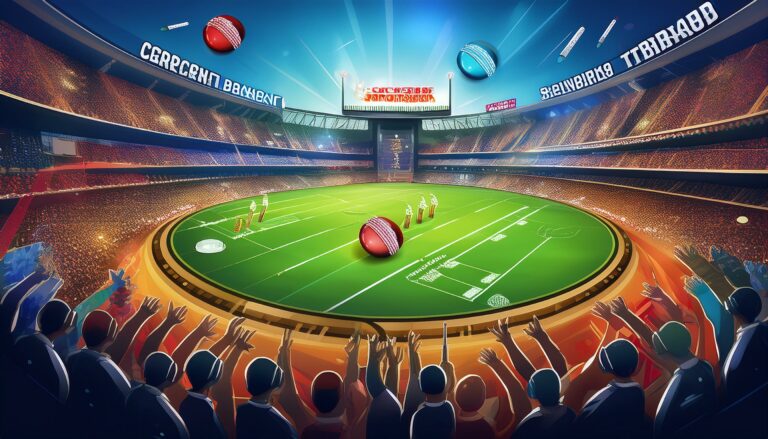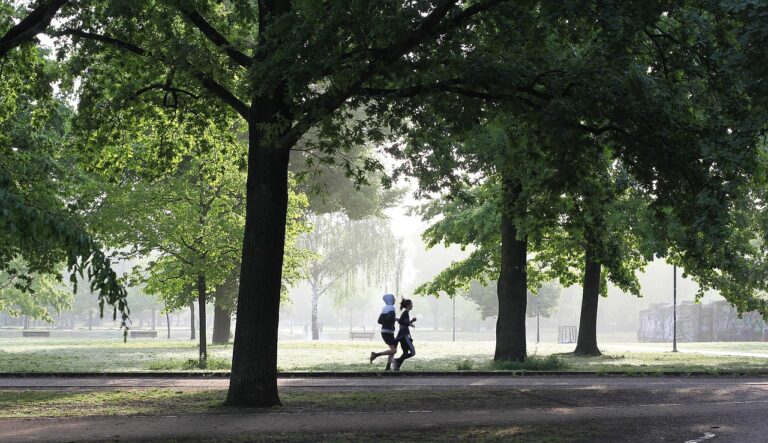Cricket’s Influence on Indigenous Cultural Festivals and Celebrations
Laserbook, Betbhai9: Indigenous cultural festivals have deep-rooted origins that are intertwined with the rich histories and traditions of Indigenous communities. These festivals often serve as a way to celebrate and honor the unique customs, beliefs, and practices that have been passed down through generations. From traditional dances to storytelling, these events play a vital role in preserving and promoting Indigenous culture.
Furthermore, many Indigenous cultural festivals are a reflection of the deep spiritual connections that Indigenous peoples have with the land, nature, and their ancestors. These celebrations often incorporate rituals, ceremonies, and symbols that hold significant meaning and importance within the community. Through these festivals, Indigenous peoples are able to come together to reaffirm their cultural identity and strengthen their bonds with one another.
The Role of Cricket in Indigenous Communities
Cricket holds a significant place in the cultural fabric of many Indigenous communities around the world. It serves as a platform for storytelling, camaraderie, and skill development among community members. The sport is more than just a game; it is a form of expression and unity that transcends generations and fosters a sense of belonging.
In many Indigenous cultures, cricket tournaments and matches are not just sporting events but serve as opportunities for social gatherings and celebrations. These events often feature traditional music, dance, and food, adding a rich layer of cultural heritage to the game. Through cricket, Indigenous communities are able to preserve their traditions, pass down ancestral knowledge, and strengthen community bonds in a uniquely engaging way.
• Cricket serves as a platform for storytelling, camaraderie, and skill development among Indigenous community members.
• The sport is more than just a game; it is a form of expression and unity that transcends generations.
• In many Indigenous cultures, cricket tournaments and matches are opportunities for social gatherings and celebrations.
• These events often feature traditional music, dance, and food, adding cultural richness to the game.
• Through cricket, Indigenous communities preserve traditions, pass down ancestral knowledge, and strengthen community bonds.
Historical Significance of Cricket in Cultural Celebrations
Cricket holds a deep historical significance in many cultural celebrations around the world. Originating from England, the sport was introduced to various indigenous communities during the colonial period. Over time, it became intertwined with local traditions and festivities, playing a crucial role in bringing communities together.
In many cultures, cricket matches are not just about sports but also serve as a platform for cultural exchange and expression. The game is often integrated into important ceremonies and celebrations, showcasing the resilience and pride of indigenous communities. Through cricket, ancestral stories are passed down from generation to generation, keeping traditions alive and honoring the heritage of the people.
How did cricket become a part of indigenous cultural celebrations?
Cricket became a part of indigenous cultural celebrations through the integration of colonial influences with traditional customs.
What role does cricket play in indigenous communities?
Cricket serves as a way for indigenous communities to come together, celebrate their culture, and strengthen bonds within the community.
Why is cricket historically significant in cultural celebrations?
Cricket holds a historical significance in cultural celebrations as it represents a blend of traditional practices and colonial influences, making it a symbol of resilience and adaptation for indigenous communities.







